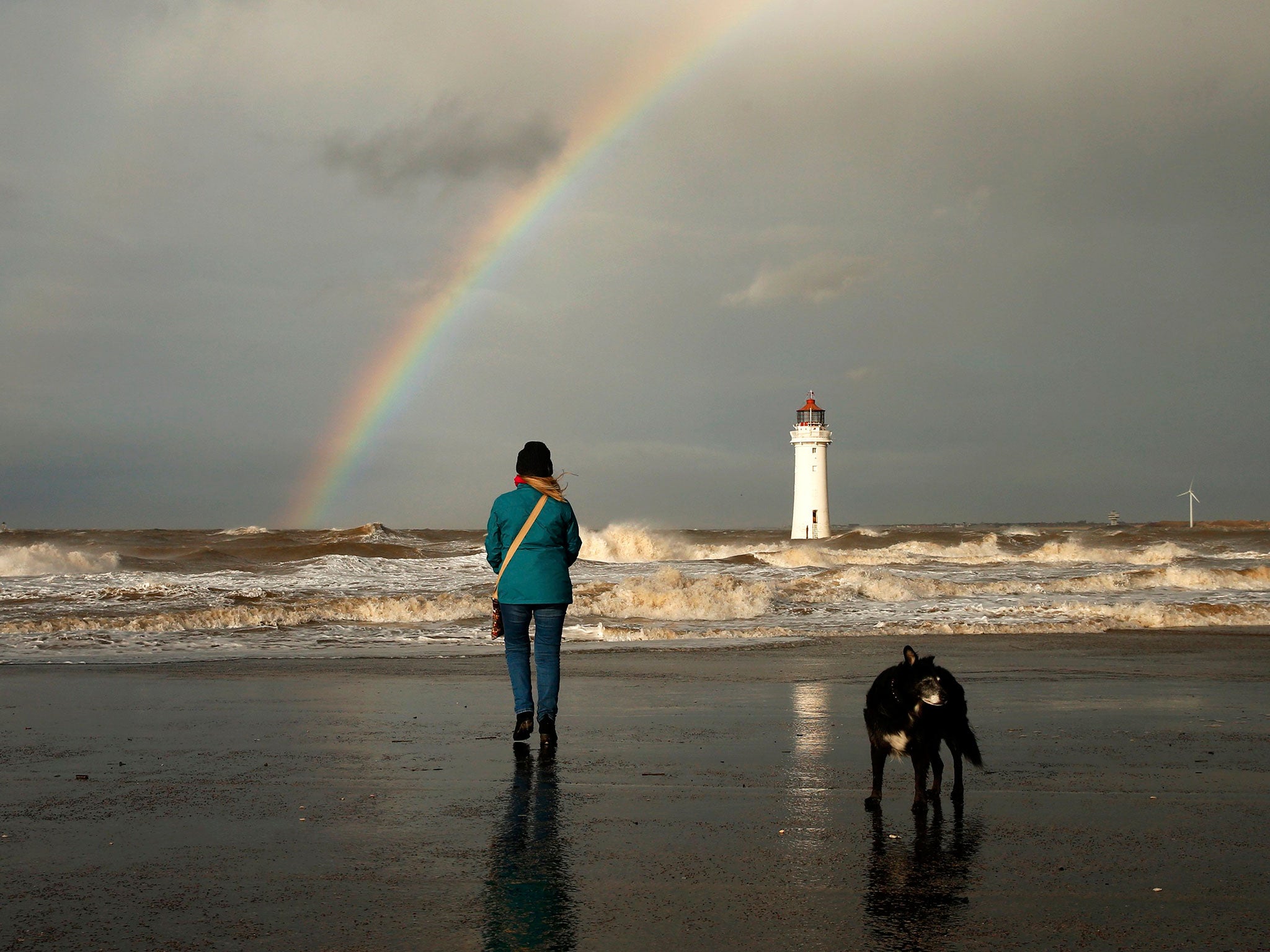EU referendum: What Europe has done for the UK environment
From cleaner beaches to higher air quality, Britain has reaped the benefits of so-called EU 'red tape'

Clean beaches
EU regulations on water quality have been instrumental in cleaning up Britain’s beaches. Nearly 600 coastal bathing areas are monitored for potentially dangerous bacteria such as E.coli – with minimum standards set out for safe bathing which have to be displayed.
This pressure has resulted in a significant increase in water quality, with 99 per cent of England’s bathing waters meeting the minimum European standard, and over 82 per cent meeting the tighter guideline standard.
Fish stocks
EU-wide fishing restrictions – although controversial – have had a dramatic effect in protecting fish species from being overfished.
Last year it was announced that cod and haddock quotas would rise after the species showed a dramatic recovery that conservationists have attributed to the success of previous quotas.
Air quality
EU air quality standards set levels for harmful compounds such as carbon monoxide, sulphur oxides and lead. Steep reductions in sulphur and nitrogen oxide emissions have helped ensure that the most serious urban smog and acid rain episodes no longer occur at the rate and intensities seen in the past.
Energy consumption
The European Union’s ban on incandescent lightbulbs now saves an average UK household £83 a year, while the eco-design directive has lowered energy consumption in many white goods.
Species protection
Evidence published in peer-reviewed journals has shown that the EU’s birds directive has significantly contributed to the protection of species most at risk of extinction. Bird populations take more than 10 years to recover but there is clear evidence that most threatened species are progressing better, and EU-wide conservation efforts are more successful than those carried out at a national level.
Climate change
The UK was instrumental in persuading the EU to adopt at least a 40 per cent carbon reduction commitment for 2030 against opposition from some Eastern European states that rely heavily on coal.
In addition, the renewable energy directive has led to a dramatic increase in renewable energy capacity throughout the EU. Between 2000 and 2012, 51 per cent of new power capacity in the EU was in renewable energy.
Subscribe to Independent Premium to bookmark this article
Want to bookmark your favourite articles and stories to read or reference later? Start your Independent Premium subscription today.


Join our commenting forum
Join thought-provoking conversations, follow other Independent readers and see their replies
Comments